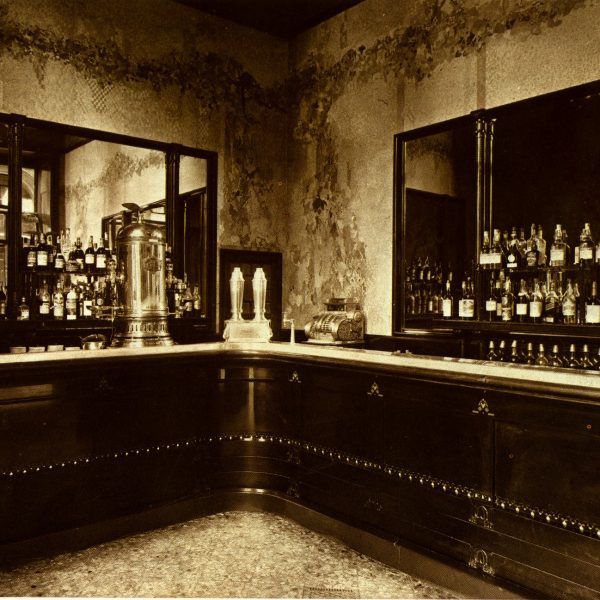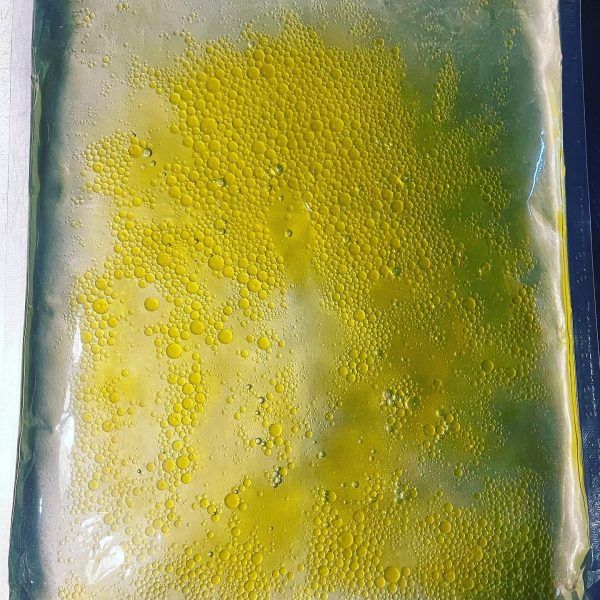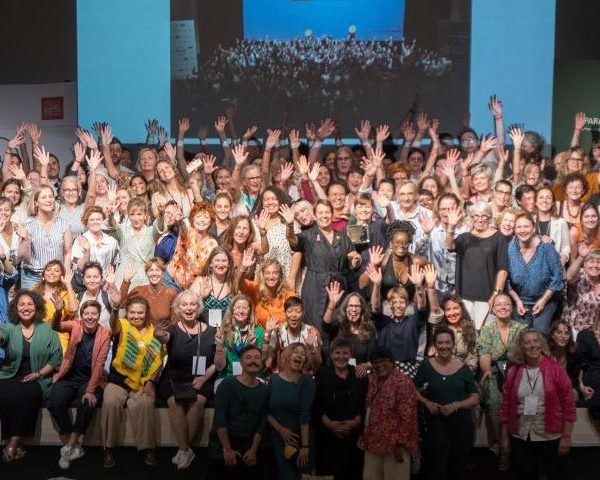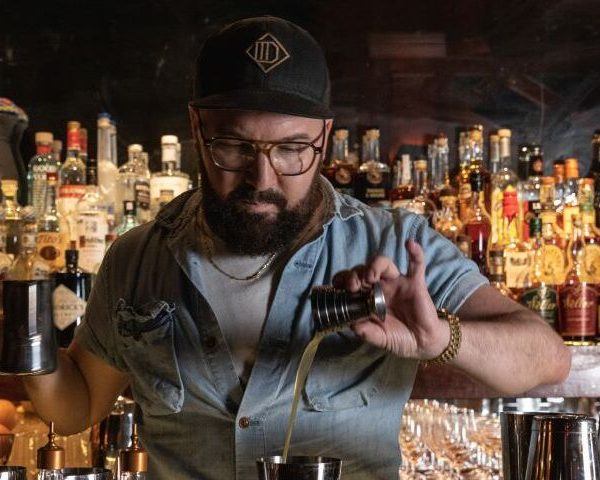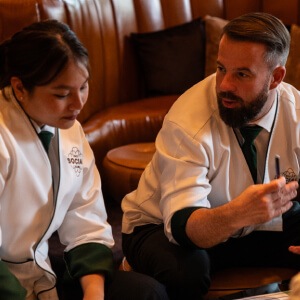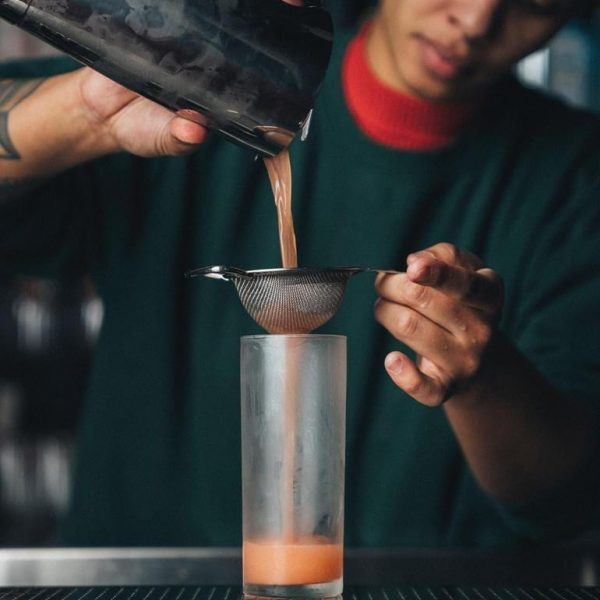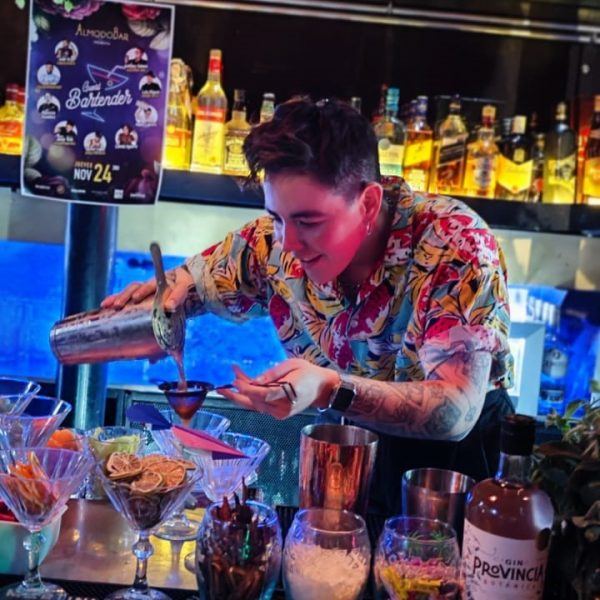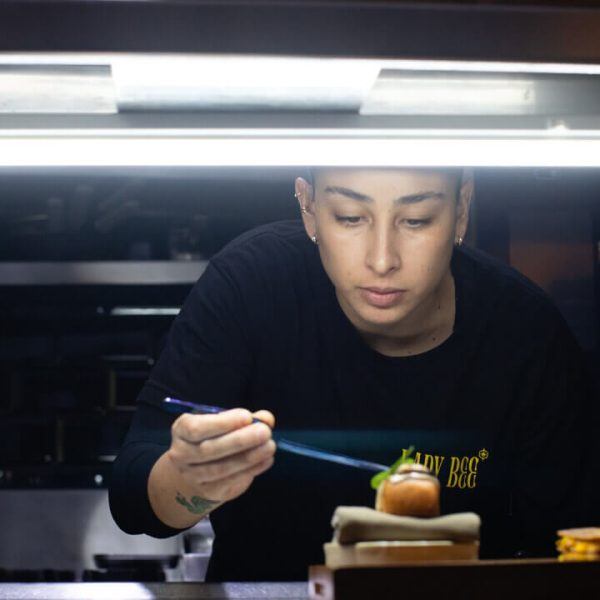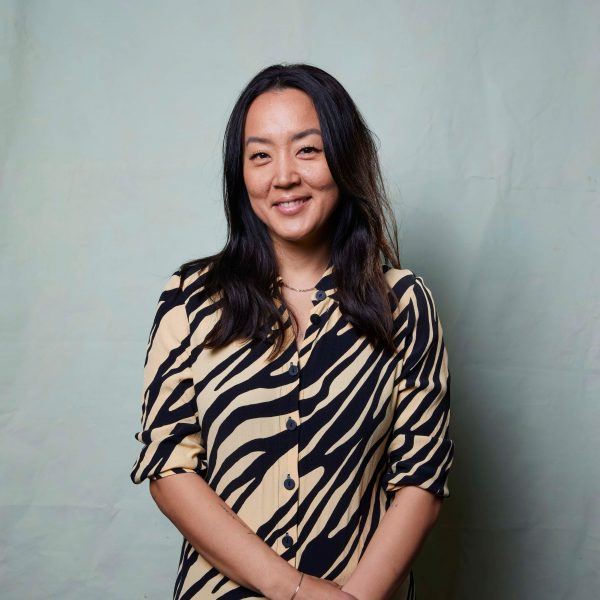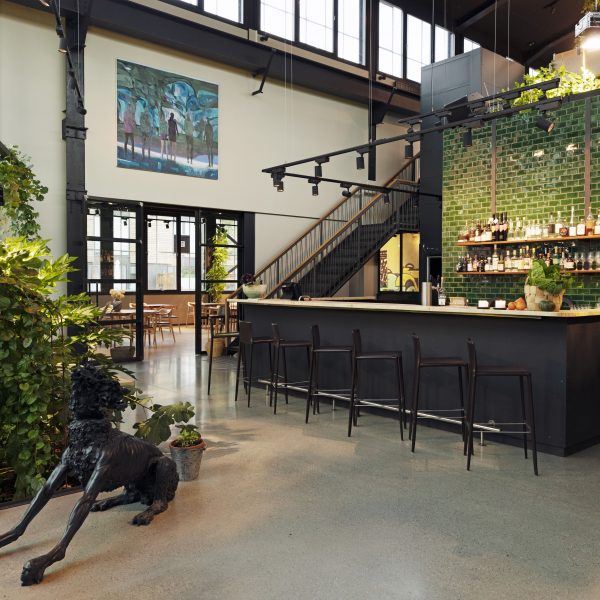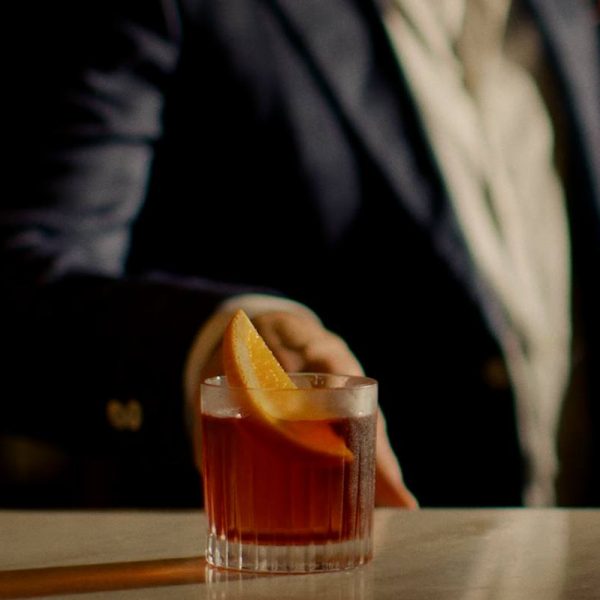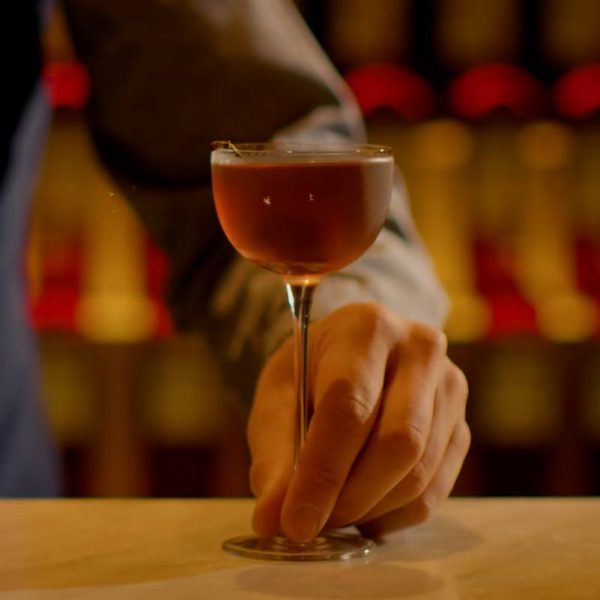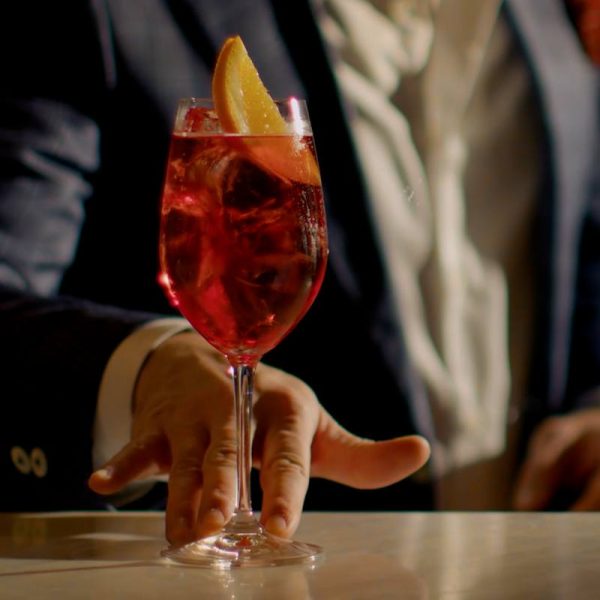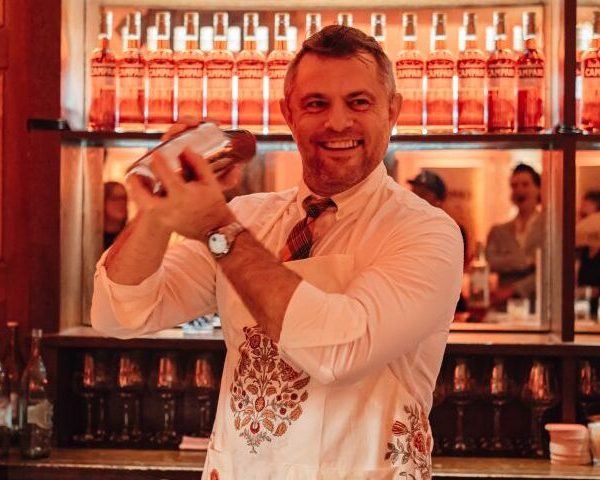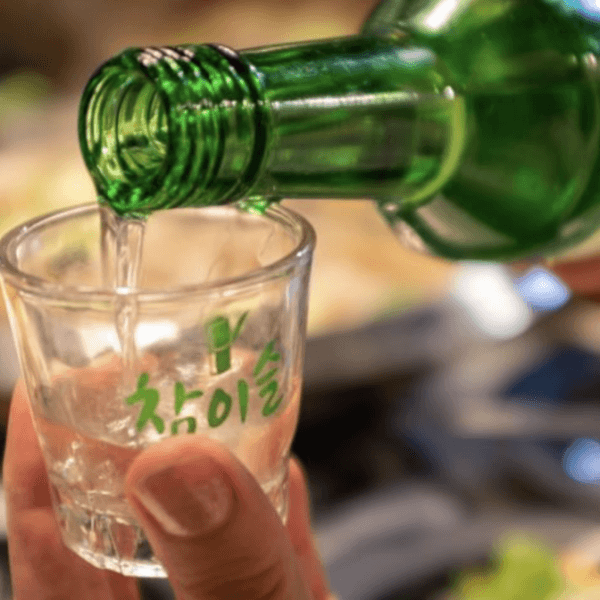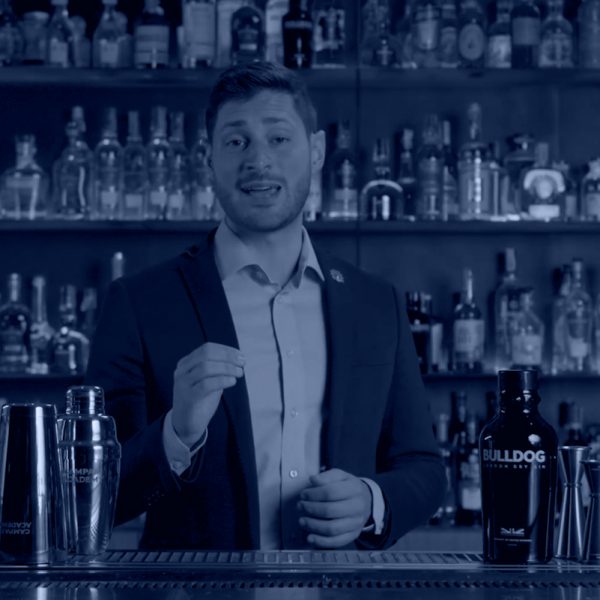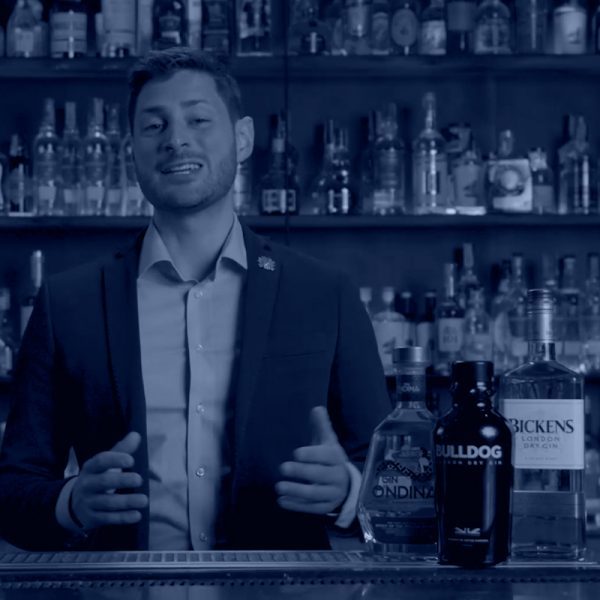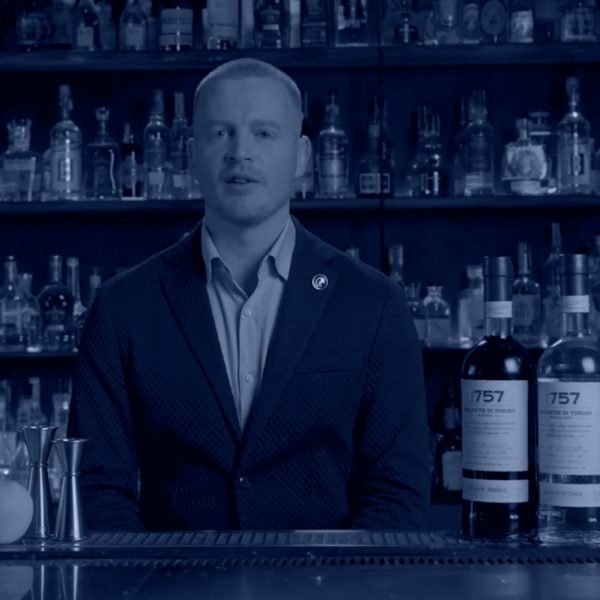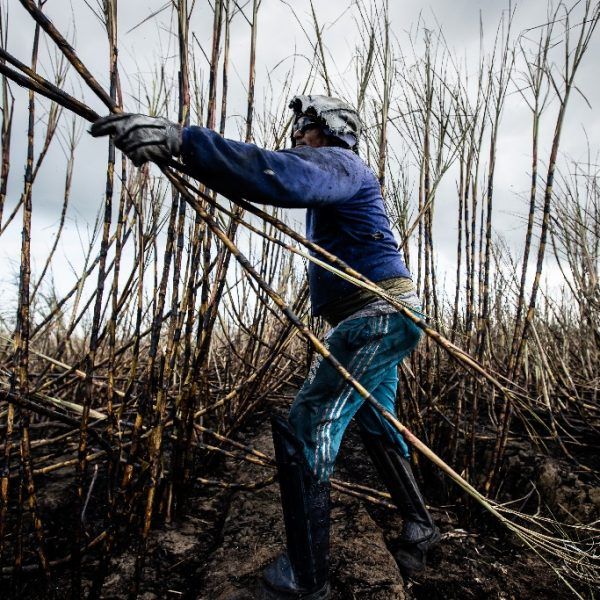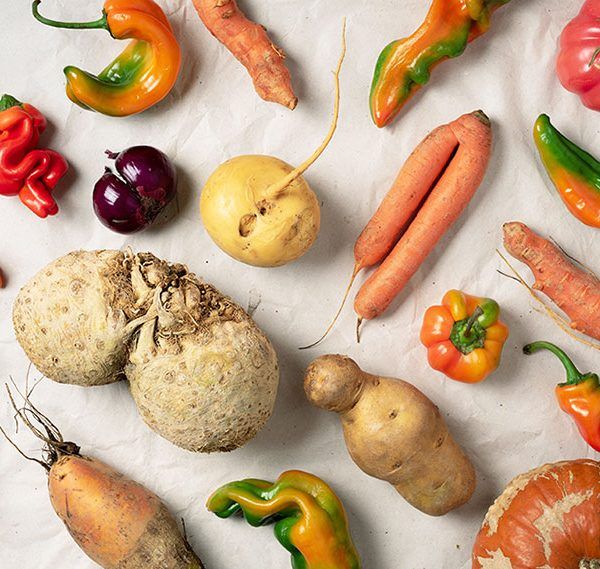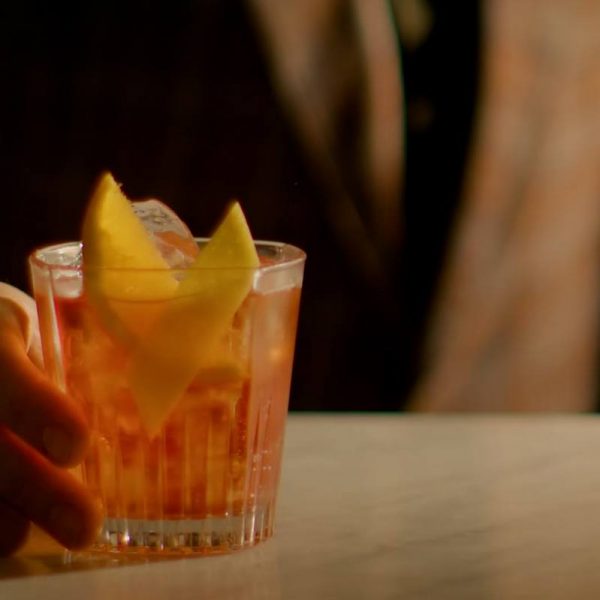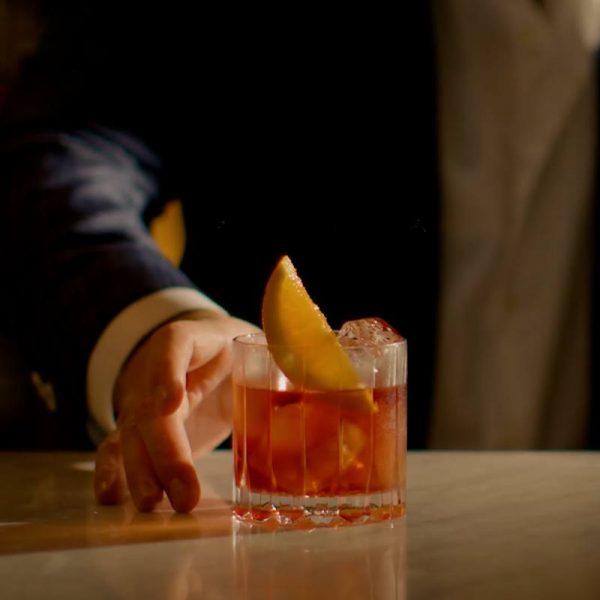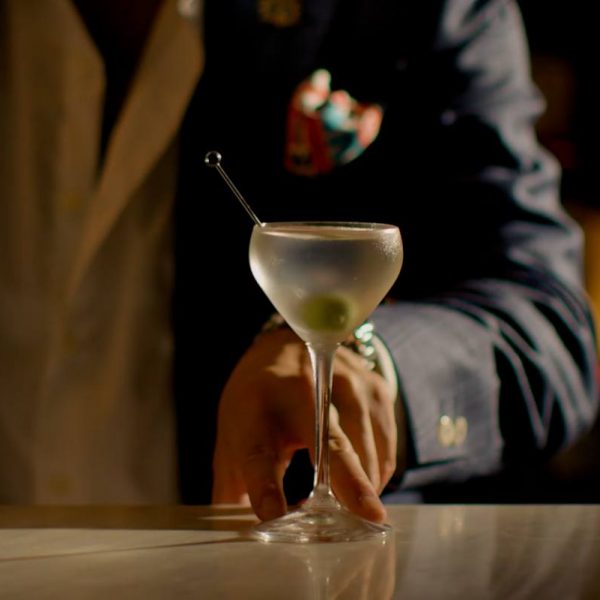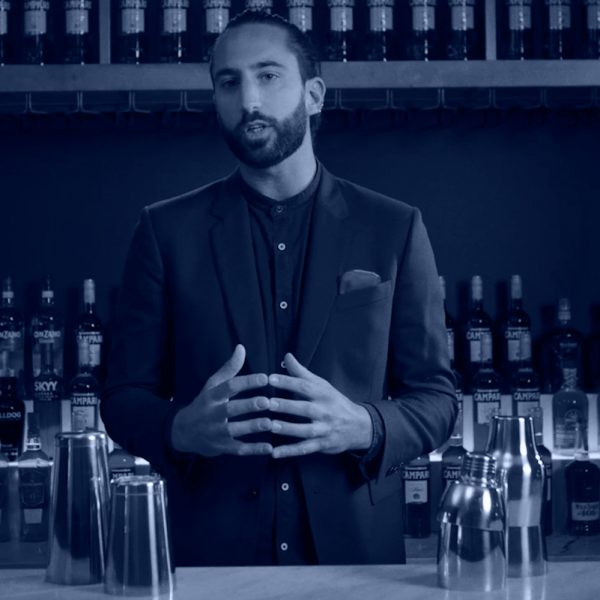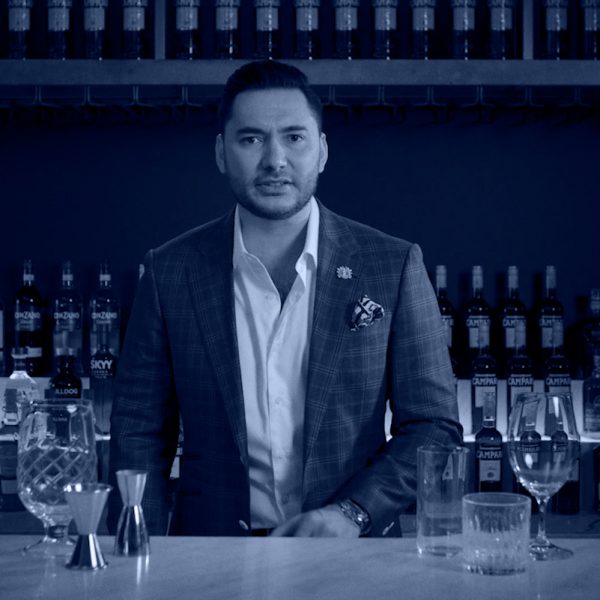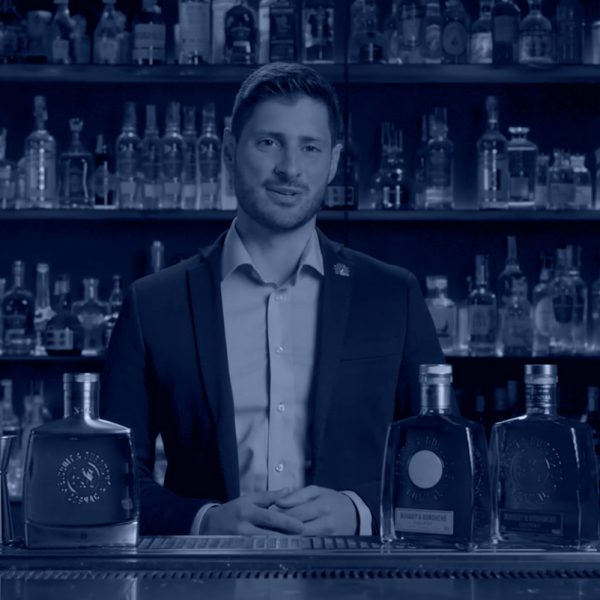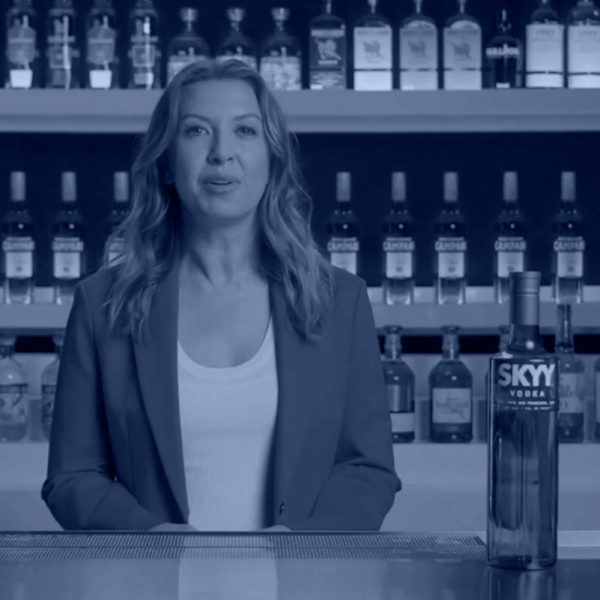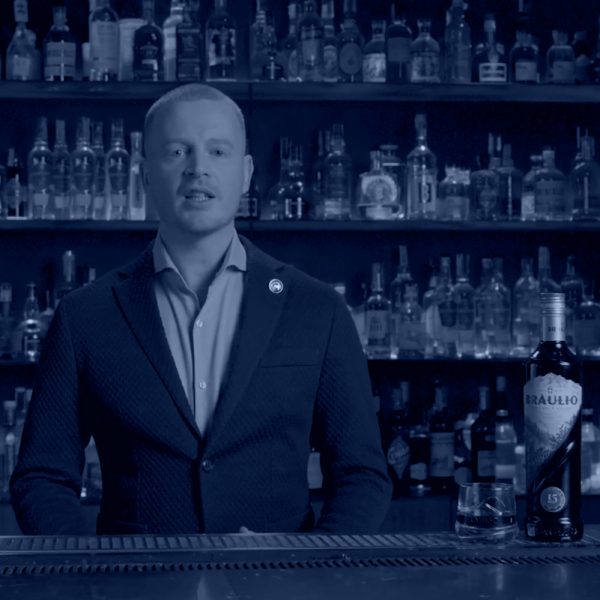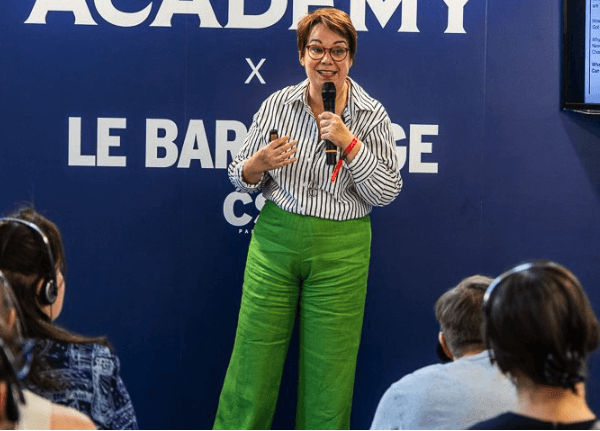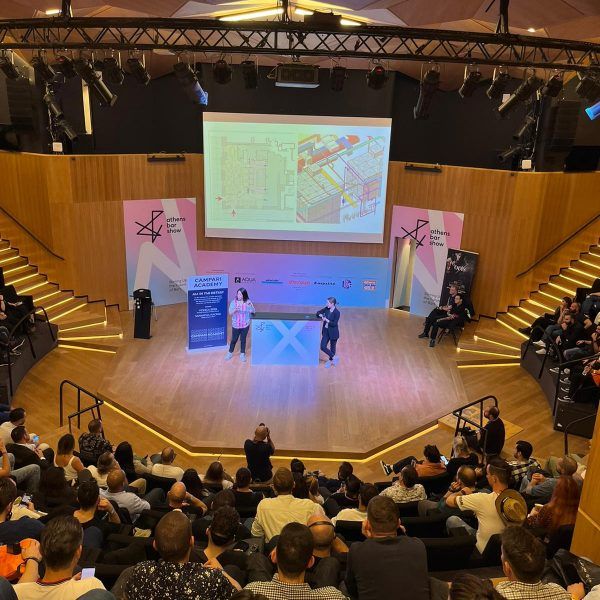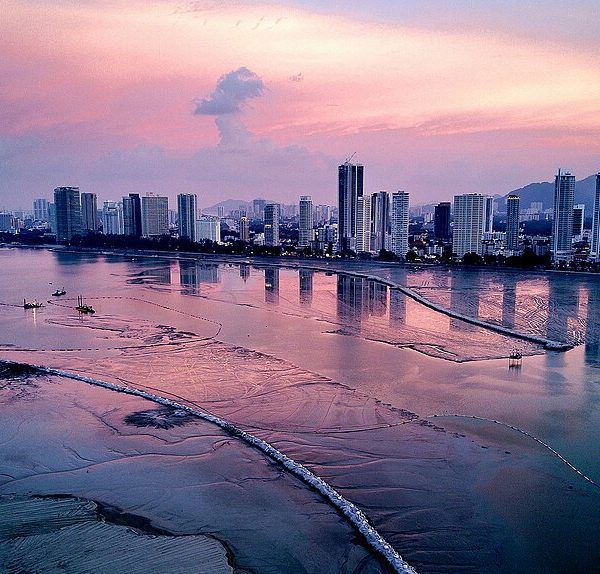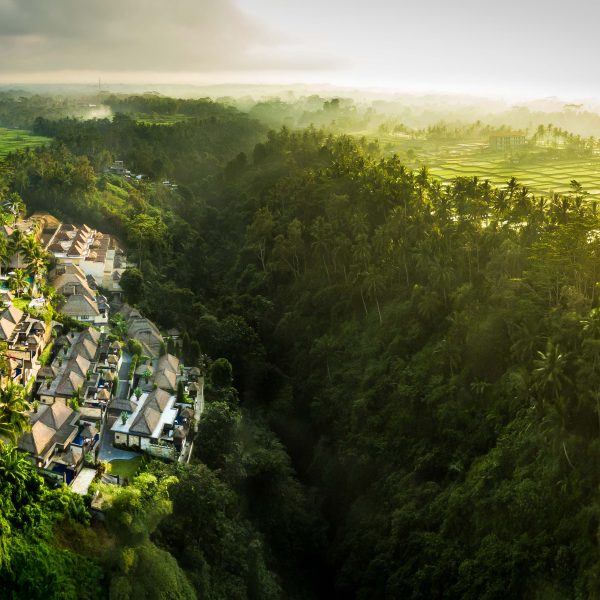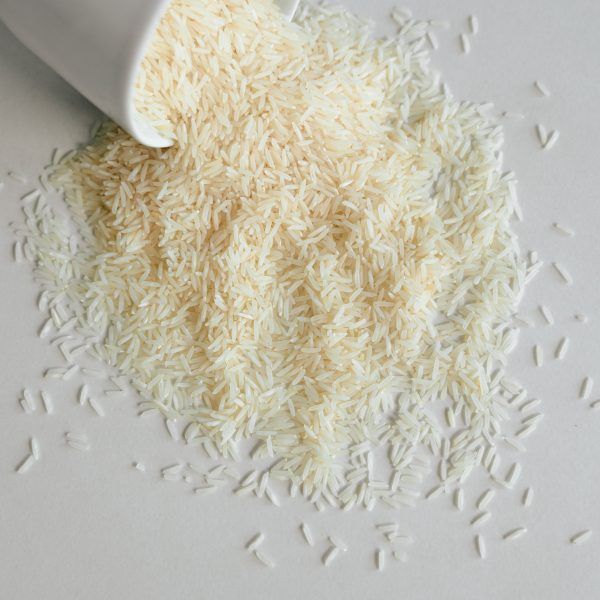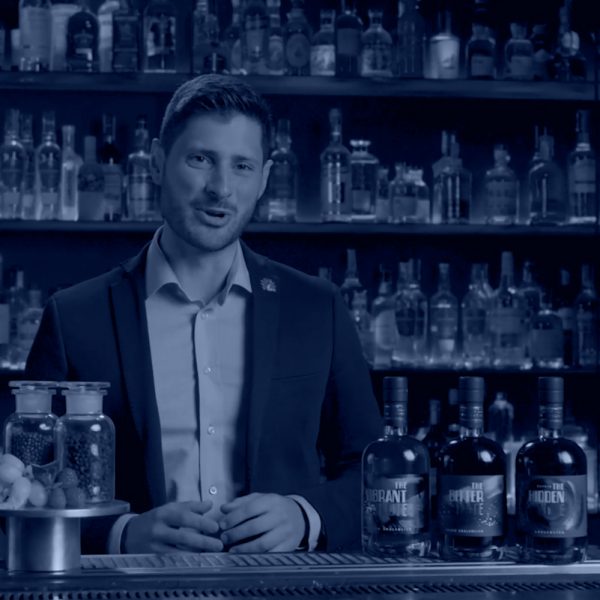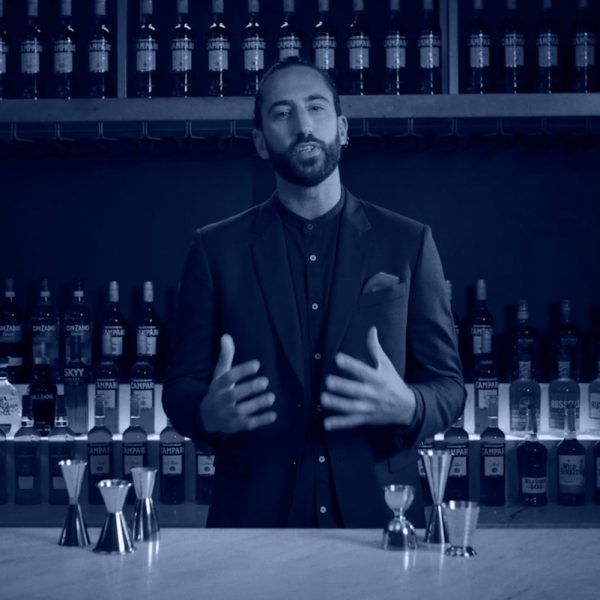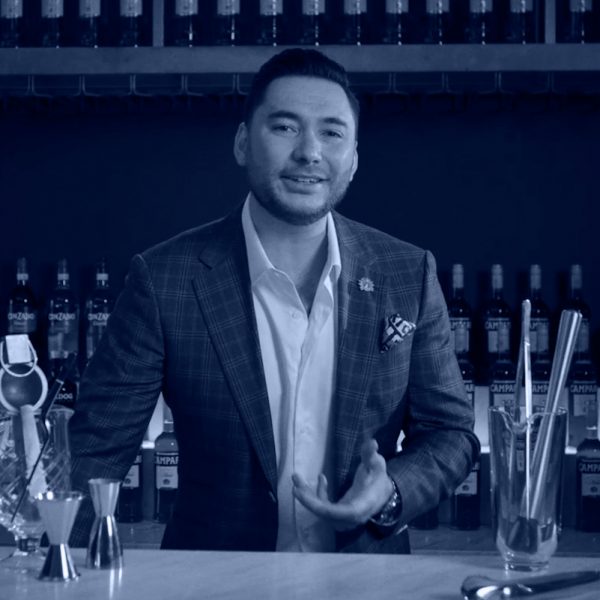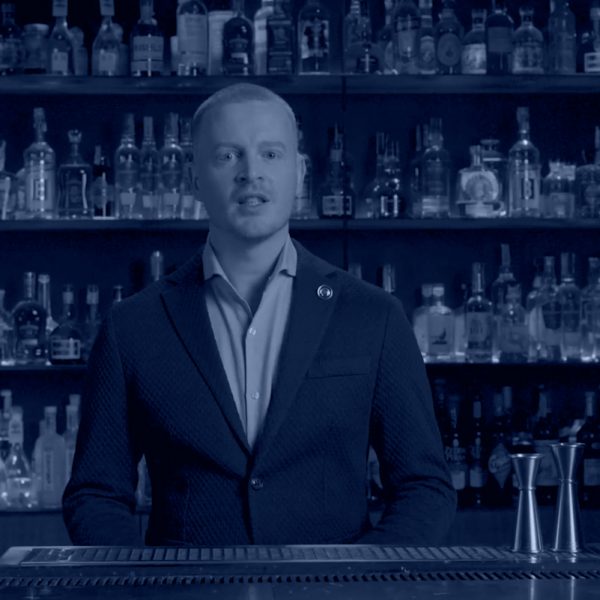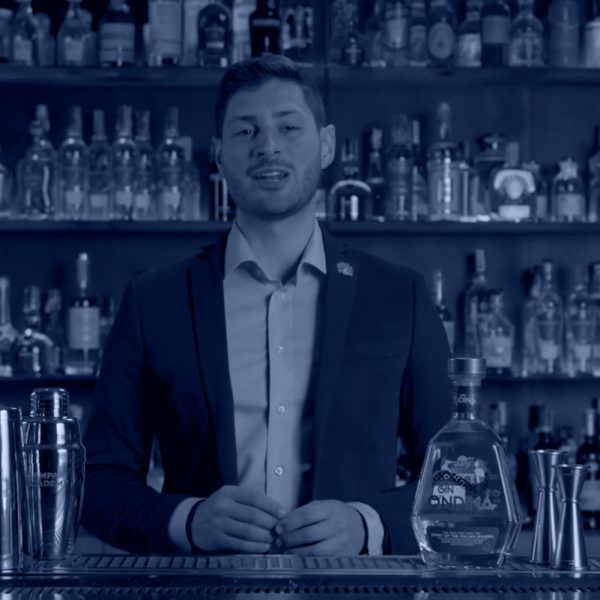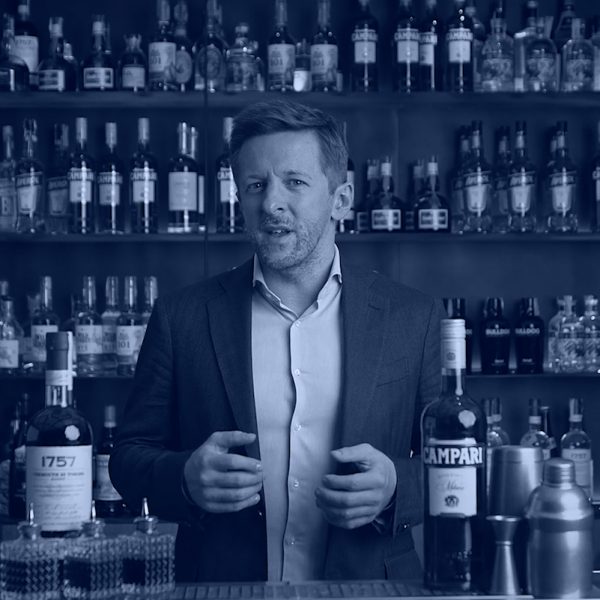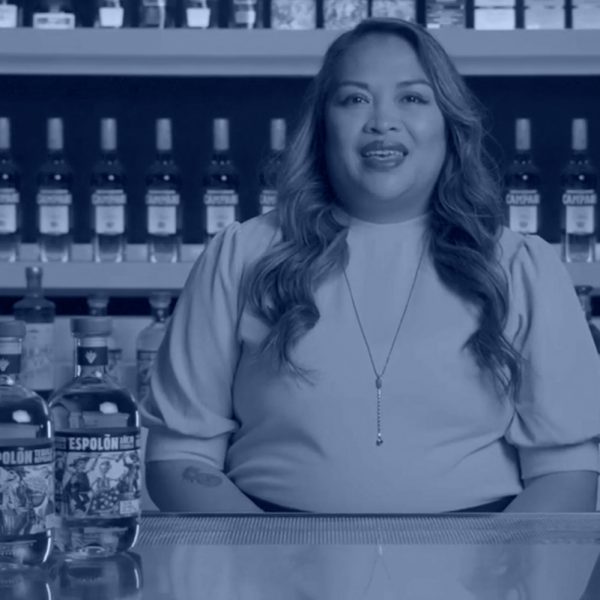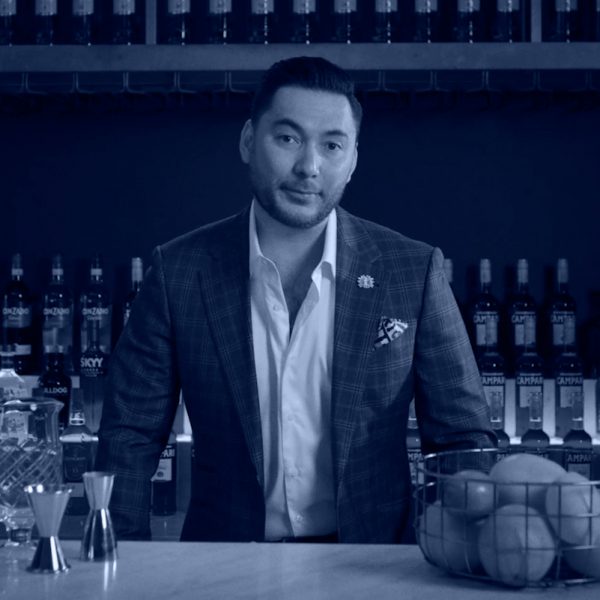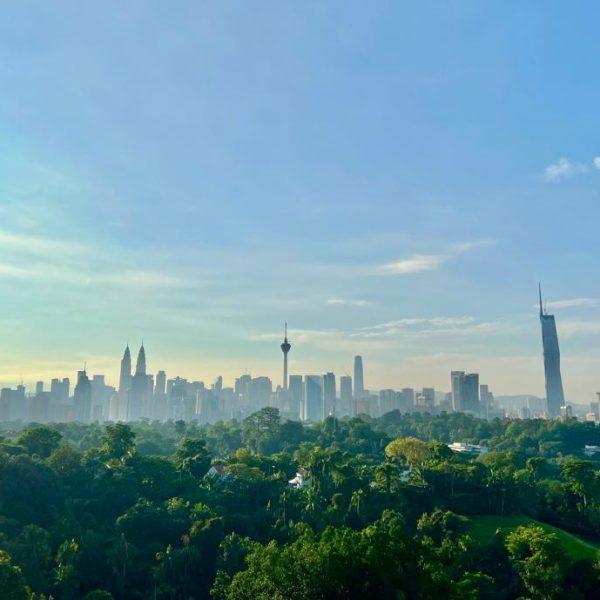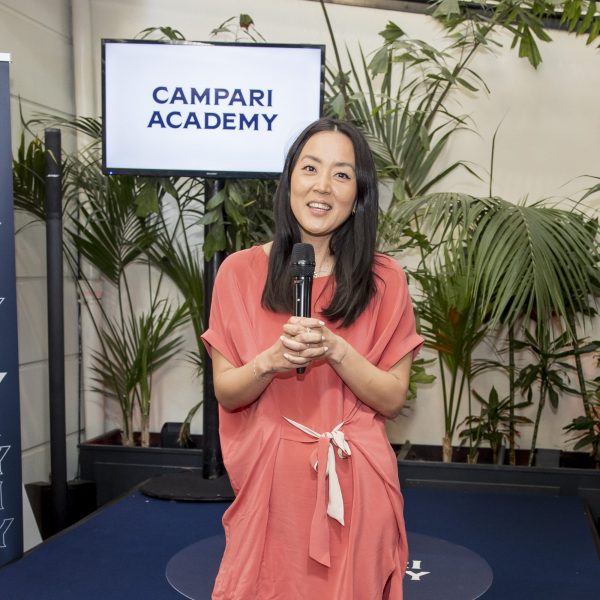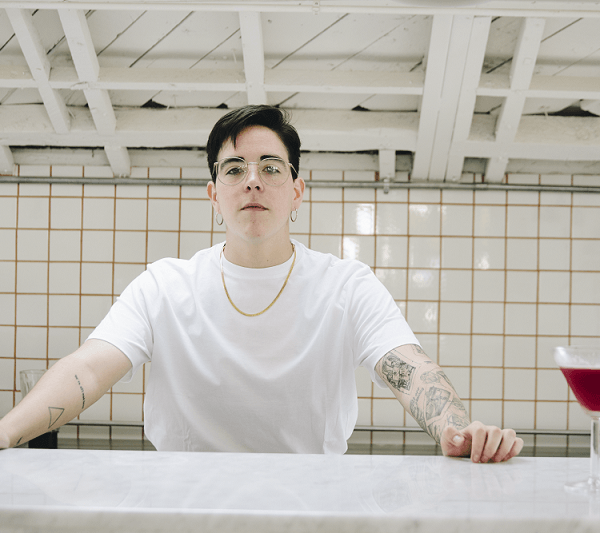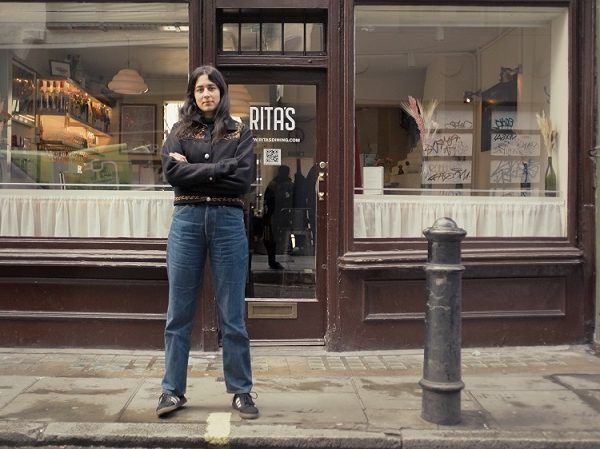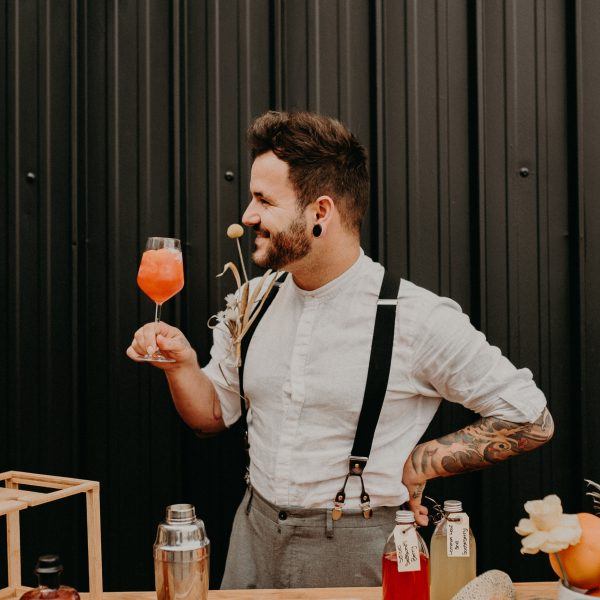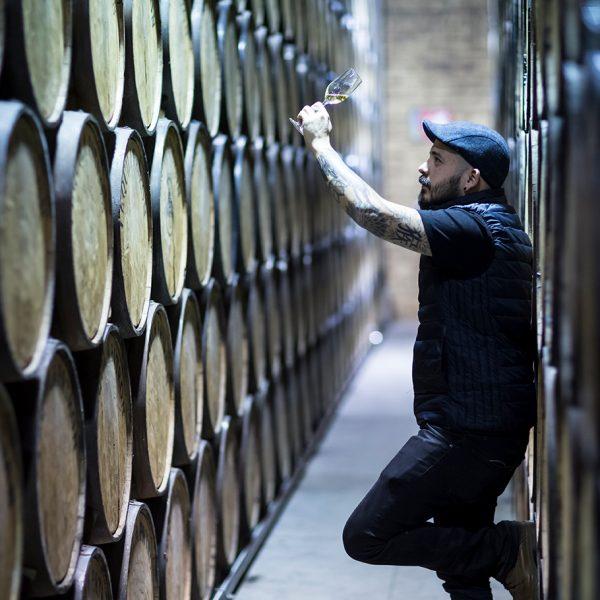How Aki Wang is Leading Taiwan’s Bartending Community
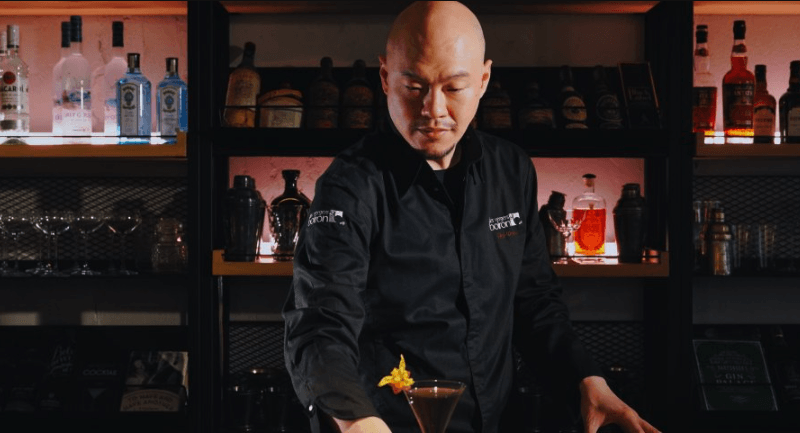
One of the Asia’s bartending greats, Aki Wang, founder of Indulge Life Hospitality Group, is consistently advocating for Taiwan’s bar industry to push its limits. He shares his insight and experience on what local culture could provide to the international bartending arena
In 2007, Aki Wang had just won one of the biggest cocktail competitions in London. He called his mentor to tell him about it, only to find out that he had passed away. “He never used to smile too much, but taught me to give it all, always,” Wang recalls. “I remember him taking me out for beer and yakitori one night, and he asked me if I wanted to be a bartender forever. He didn’t give me time to answer and said I was taking too long, already. That made me realise yes, I wanted to go through the sacrifices it took. So, I decided to invest in his belief in becoming the best.”
One of the best he became, indeed. Wang began his journey in the hospitality business out of necessity, juggling four jobs at once to support his family, after their business went bankrupt. “I was a junior bartender and kept feeling this interest in learning, I was never tired. Then I realised how drinks could be an art, to provide the guests with new experiences.” At 19, he moved to Japan, spending time in Osaka and Tokyo, experiencing the local, traditional bartending culture, which focused on attention to detail and craftmanship. “That’s where I learnt how to always be alert and nurture good manners: how a bartender would be a guide, introducing themselves, allowing the guest to live the best moments possible.”
“I wanted to go through the sacrifices it took. So, I decided to invest in his belief in becoming the best.”
Having worked as a bartender, brand ambassador and consultant in Warsaw, London, New York, and establishing himself as one of the top names in the business, Wang flew back to his native Taipei to pursue his mission: to inspire young generations and showcase Taiwanese heritage. Now, he is the founder of the Indulge Life Hospitality Group (which includes the acclaimed Indulge Experimental Bistrot) and manages the Liquid Art lab in Taipei.
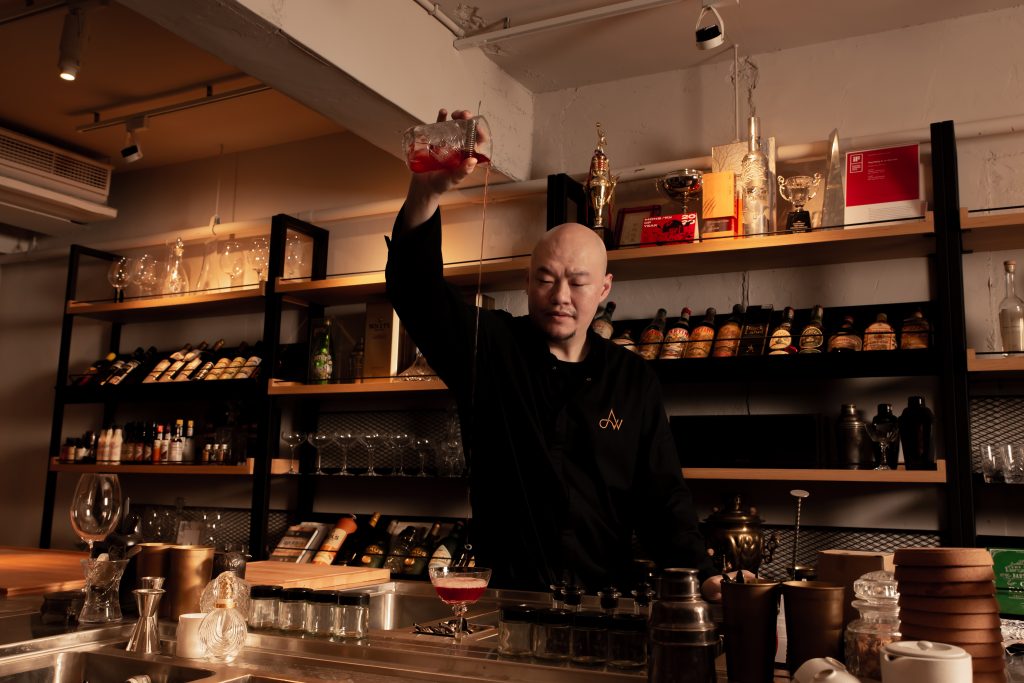
Advocating for Taiwan
Wang describes Taiwan’s culture as ‘glocalised’ – a term meaning when a product is developed and distributed globally but is adjusted to suit the needs of the consumer in the local market, and most importantly, is available anywhere. His own contribution to this is his push to celebrate Taiwan’s identity, by allowing drinkers to savour the country’s history through its local ingredients. And to do so, local bartenders must have access to education and be in contact with the industry’s most knowledgeable bartenders, to learn from them and grow.
That was the philosophy behind one of Wang’s creations, International Taiwan Bartender Week, which launched in 2015, and proved to be a pivotal event for Taiwanese bartenders. “We wanted to show younger generations how important it is to absorb from other bartenders, to be inspired to become better professionals.”
Things changed after that week, he says: uniforms, manners and service all became more contemporary – and the word ‘mixologist’ became obsolete: “A mixologist wants to teach; a bartender wants to share.” International Taiwan Bartender Week will be back in action in November 2023, and there’s already a plan to extend it to the whole of Asia come 2024.
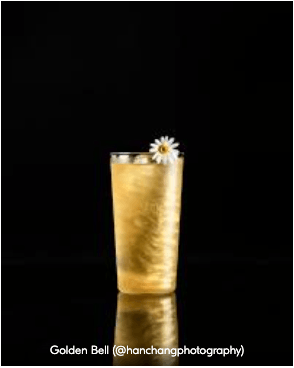
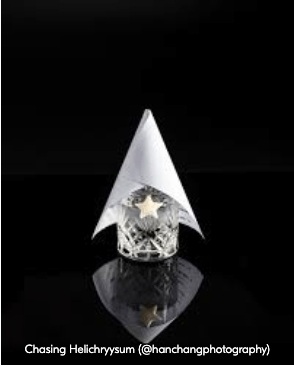
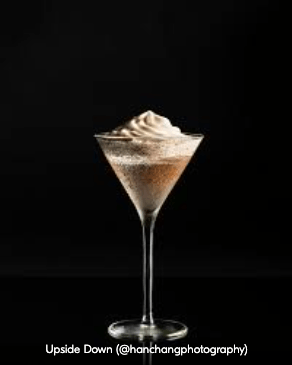
How things are changing
Taipei’s bar scene is on the rise, with spaces ranging from izakaya-like spots, to secluded high-profile venues, and an adoption of more experimental recipes. But the journey to reach this advanced level has not been without challenges: “Twenty years ago, cocktails were regarded as fruity, kick-less concoctions. Bartenders themselves didn’t know what an actual cocktail was.” When Wang moved back from New York in 2009, he started working on an education plan, while in the mean time other hospitality legends such as Hidegutsu Ueno and Sam Jeveons were investing energy in educating Taiwan’s young generation about classic cocktail and history. It worked: “The industry is now growing, consumers are starting to ask for higher quality, and we have been able to represent ourselves… Flavours are more delicate nowadays, and we are able to tell stories and showcase our creativity through our ingredients as well.”
“A mixologist wants to teach; a bartender wants to share.”
Wang indicates his signature Scent of the Woman cocktail as the perfect example of his philosophy: ginger lilly flower, to represent the northern region and elegance; muddled with Sauvignon and green apple from the islands; vodka for purity; shiso for the umami; served in a Martini glass. For Wang, Taiwan’s identity can best be imparted in cocktails through its local ingredients when properly used: “I remember using gardenia flower in an Aviation, for example, and it worked great. There’s no such thing as a Taipei Old Fashioned or something like that, but we should use our local resources to make our version of classics.”
With young generations of bartenders today easily sourcing information and having a much more open nature towards external input (“The language barrier was tough to overcome, as local bartenders are shy, but younger bartenders are getting better”), Taiwan has to be considered one of the most interesting landscapes for future professionals.
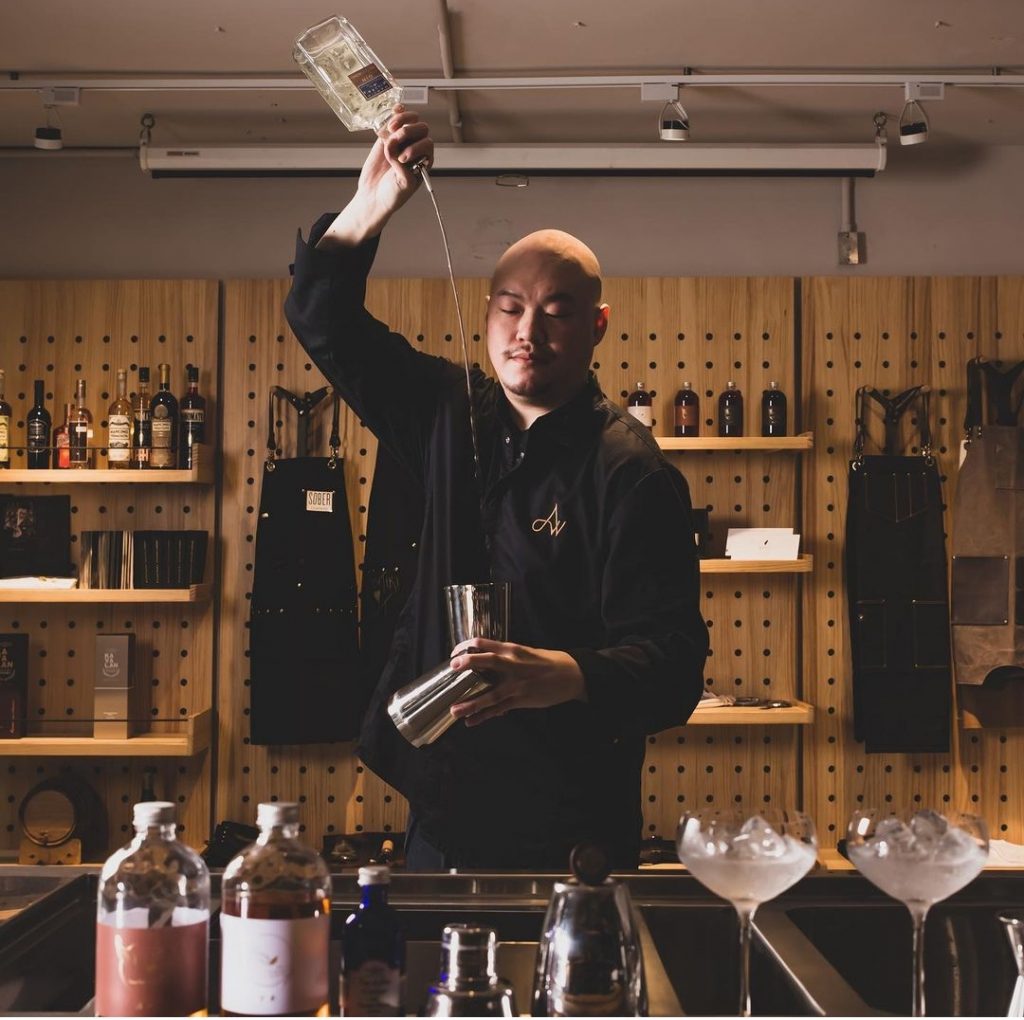
The power of tea
One ingredient that dominates the country’s identity and heritage more than others is tea. It’s an ingredient that historically was rarely seen in cocktails, until Wang changed that: “We are surrounded by 268 mountains, [adding] up to nearly 1,000 plantations of tea: it’s our national drink. I remember going abroad for work and everyone would bring their own local produce such as sake or Scotch whisky, so I wanted to do the same. I use tea as a national language for our cocktail making.” Taiwan’s tea can be divided in six main categories (white, black, green, yellow, oolong and pa’er), depending on the degree of oxidation; Just like wine, it is heavily influenced by the terroir, varying impressively from farm to farm according to the growers’ working methods and philosophy. Wang indicates Dong Ding Tea from Deer Valley as his favourite: “It has a beautiful aroma of flowers and rose, sweet notes of lychee, and you can easily spot oudy flavours in the aftertaste.”
“Everyone thinks tea is delicate, but once you have real tea, you understand how aromatic and strong it can be.”
Tea is a strong ally for a bartender, and Taiwanese bar professionals are focusing on it, thanks to Wang: “Everyone thinks tea is delicate, but once you have real tea, you understand how aromatic and strong it can be.” Education on tea should start from the most common variety, which is black tea, according to Wang: “It has a familiar citrusy flavour, something bartenders are quite accustomed to, so it’s a big chance for experimenting. The earliest tea ever shipped to Europe was black tea, and a lot of information can be found everywhere.” But can every variety of tea work well in cocktails? “Yes – if it’s good tea.”
Food and drinks are integral to Taiwanese culture, and it is perhaps no coincidence that many of the popular trends worldwide in the past decade have their origins in Taiwan: think beef noodle soup, gua bao, fried chicken and the ever-popular bubble tea. Back to the glocalisation however, and tea and all the other ingredients run the risk of losing their essence. Wang, however, is confident that Taiwan (and Asia at large) will maintain its identity: “Asia in general has a strong influence on the hospitality offer worldwide. Asia is complexity, while the West is simplicity: for example, if everywhere else you’d find a steak, here you’d find beef in a stir fry with leeks, garlic and spices. I don’t think it will change: once you get here, you fully understand how unique it is, and embrace it.”

